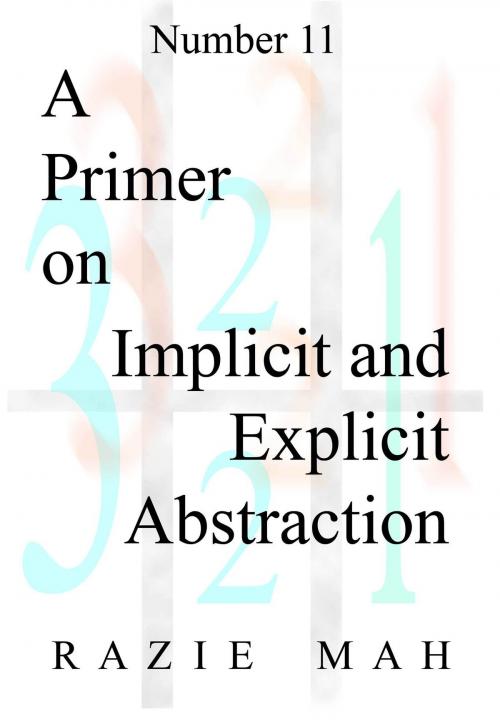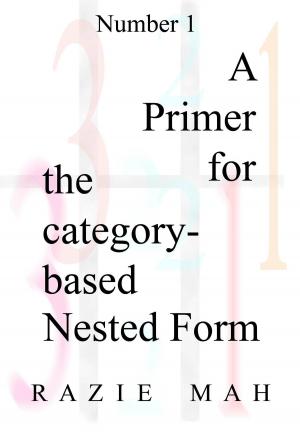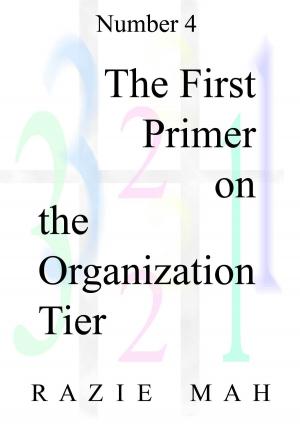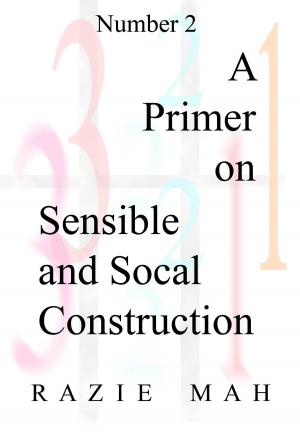A Primer on Implicit and Explicit Abstraction
Nonfiction, Religion & Spirituality, Philosophy, Logic, Reference & Language, Education & Teaching, Home Schooling| Author: | Razie Mah | ISBN: | 9781942824145 |
| Publisher: | Razie Mah | Publication: | June 26, 2016 |
| Imprint: | Smashwords Edition | Language: | English |
| Author: | Razie Mah |
| ISBN: | 9781942824145 |
| Publisher: | Razie Mah |
| Publication: | June 26, 2016 |
| Imprint: | Smashwords Edition |
| Language: | English |
Primers 1-10 form a coherent set. Each develops concepts expressed in the foundatinal text: How to Define the Word “Religion”.
Primer 11 differs. It addresses a key question about institutions Institutions compose the content-level of the society tier. The question concerns abstraction. It involves the first singularity. The first singularity is originally proposed in An Archaeology of the Fall.
Here is the story: Humans evolved practicing implicit abstraction. Implicit abstraction fits hand and hand-speech talk. Explicit abstraction became available once humans adopted speech-alone talk. In our current Lebenswelt, humans speak through explicit abstraction and emotionally respond through implicit abstraction.
No wonder we are so messed up.
This primer joins comments on Novotny’s text. These constitute a home-schooling course at the high school and college levels. Comments on a book by John Deely completes this course. The title of the course is “Implicit and Explicit Abstraction”.
Primers 1-10 form a coherent set. Each develops concepts expressed in the foundatinal text: How to Define the Word “Religion”.
Primer 11 differs. It addresses a key question about institutions Institutions compose the content-level of the society tier. The question concerns abstraction. It involves the first singularity. The first singularity is originally proposed in An Archaeology of the Fall.
Here is the story: Humans evolved practicing implicit abstraction. Implicit abstraction fits hand and hand-speech talk. Explicit abstraction became available once humans adopted speech-alone talk. In our current Lebenswelt, humans speak through explicit abstraction and emotionally respond through implicit abstraction.
No wonder we are so messed up.
This primer joins comments on Novotny’s text. These constitute a home-schooling course at the high school and college levels. Comments on a book by John Deely completes this course. The title of the course is “Implicit and Explicit Abstraction”.















